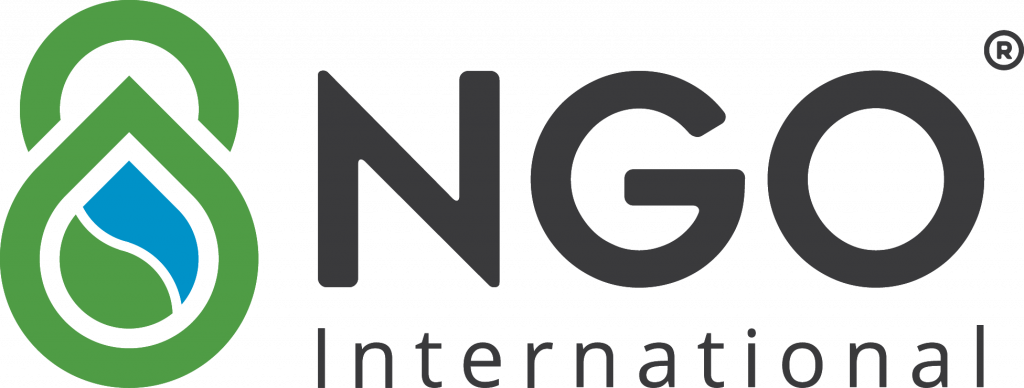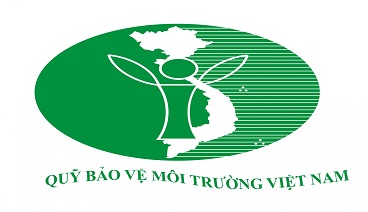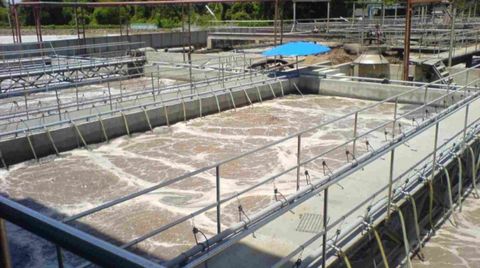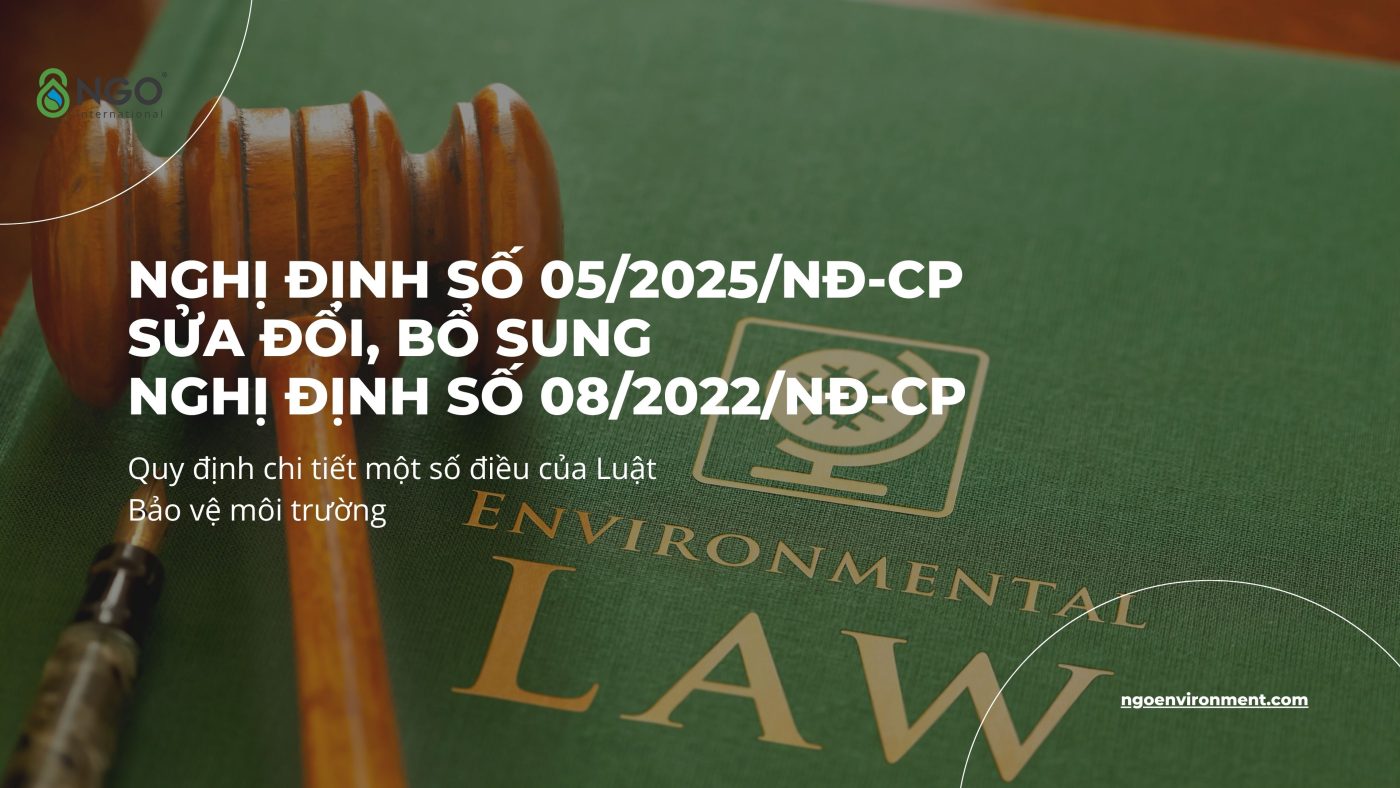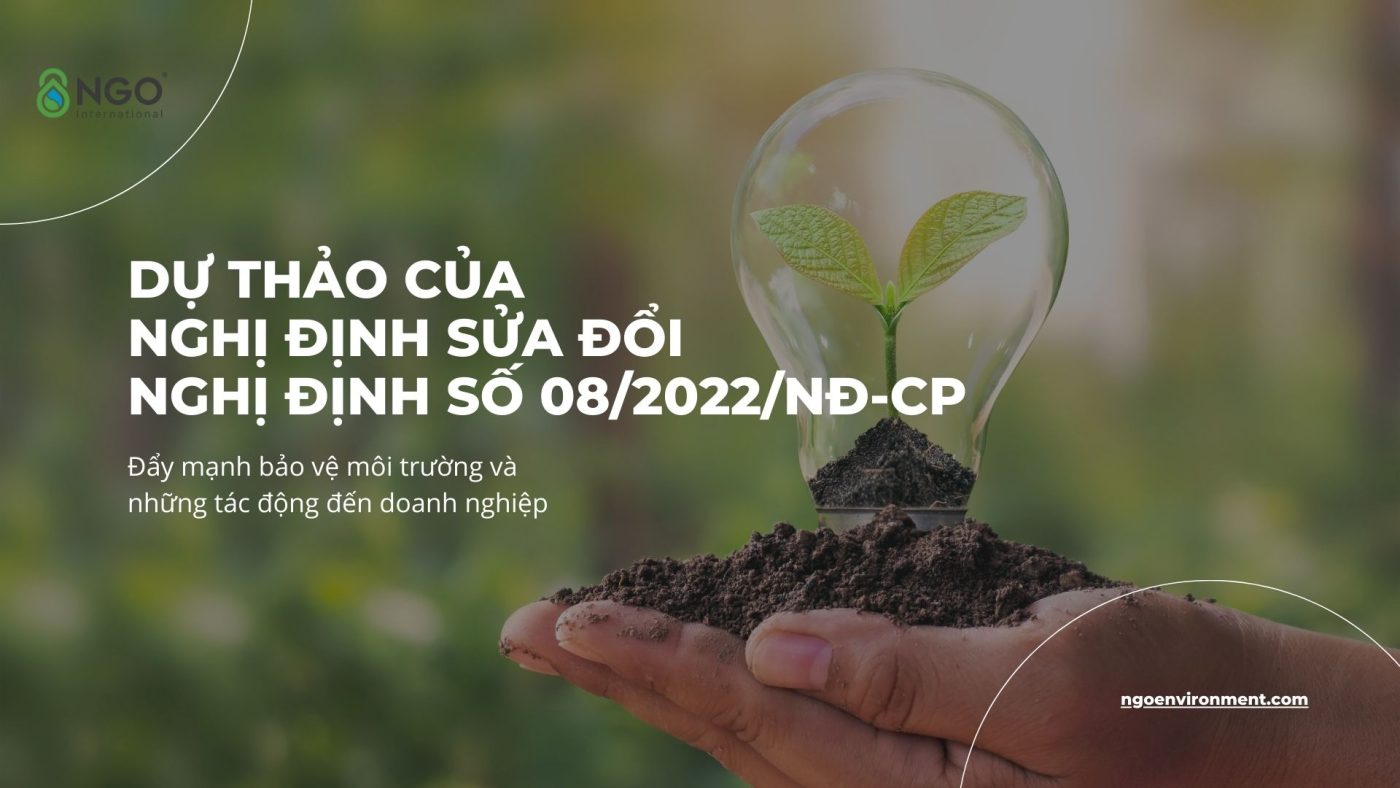The following article outlines the regulations on cases exempt from environmental protection fees for wastewater.
1. Cases exempt from environmental protection fees for wastewater
According to Article 5 of Decree 53/2020/ND-CP, exemptions from environmental protection fees for wastewater are granted in the following cases:
- Wastewater from hydropower plants.
- Seawater used for salt production.
- Domestic wastewater in areas without clean water supply systems.
- Cooling water that does not come into direct contact with pollutants.
- Stormwater runoff.
- Wastewater from fishing vessels used by fishermen.
- Wastewater from centralized urban wastewater treatment systems that meet discharge standards.
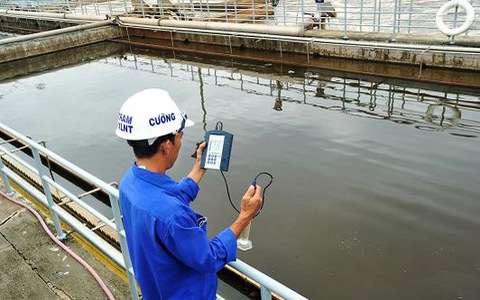
These regulations aim to encourage sustainable production and living practices while alleviating financial burdens and promoting environmental protection.
2. Who pays environmental protection fees for wastewater?
Those liable for environmental protection fees for wastewater include organizations, households, and individuals who discharge wastewater as stipulated by law.
In cases where a centralized wastewater treatment system is used, and service fees are paid, the management and operation unit of the system will be responsible for paying the fees unless otherwise specified.
3. Which industrial wastewater is subject to environmental protection fees?
Industrial wastewater subject to environmental protection fees originates from production and processing facilities across various industries, such as food production, livestock farming, seafood processing, and other industries. This ensures industries are held accountable for environmental impacts and contribute to maintaining environmental balance and water resources.
Source: Compiled by NGO

 Tiếng Việt
Tiếng Việt